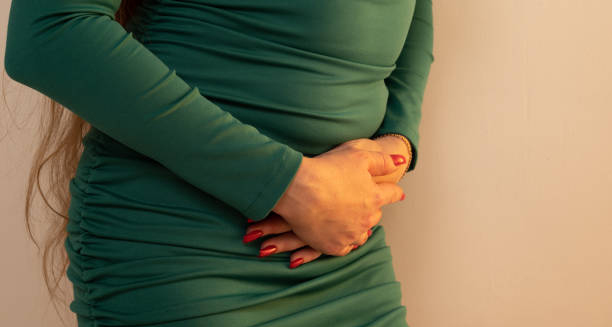Symptoms and Signs of Female Genital Mutilation
The symptoms and signs of female genital mutilation depend on the type performed, the girl’s age, and the circumstances under which it was carried out. Female genital mutilation causes both immediate physical trauma and long-term complications that may affect a woman’s reproductive, sexual, and mental health.
Immediate Symptoms
Short-term effects may include:
Severe pain, especially when performed without anaesthesia
Excessive bleeding (haemorrhage)
Swelling and inflammation of the vulva
Shock, which can be life-threatening in young girls
Infection, due to the use of non-sterile instruments
Urination difficulties, from swelling or scarring
Difficulty walking or sitting
In severe cases, girls may die from sepsis, tetanus, or massive blood loss. These outcomes are more likely when the procedure is performed by untrained individuals or in unsanitary environments.
Long-Term Physical Complications
Women who have undergone FGM may experience:
Chronic pelvic pain
Menstrual problems, including obstructed flow and painful periods
Urinary tract infections
Cysts or abscesses, especially in infibulated individuals
Pain during sexual intercourse
Increased risk of complications during childbirth, such as obstructed labour or postpartum haemorrhage
Infertility, in rare cases
The severity of these complications often depends on the type of FGM. Type III (infibulation) tends to cause the most serious long-term effects.
Psychological and Emotional Effects
The trauma of FGM can lead to:
Post-traumatic stress disorder (PTSD)
Depression and anxiety
Sleep disturbances and nightmares
Fear of medical procedures, particularly gynaecological exams
Low self-esteem, especially around sexuality and body image
These effects may last into adulthood and interfere with relationships, intimacy, and parenting.
Signs in Clinical or Social Settings
Health professionals or teachers may observe signs of FGM, especially in young girls or recently migrated populations:
Reluctance to participate in physical education or swimming
Frequent urinary or menstrual issues
Difficulty sitting or walking comfortably
Avoidance of medical exams
Emotional distress or withdrawal | Symptoms and Signs of Female Genital Mutilation
In many cases, FGM is not disclosed willingly due to shame, fear, or loyalty to family traditions. Sensitive questioning and non-judgemental support are key to identifying and helping survivors.
Recognising the symptoms and signs of female genital mutilation allows for timely intervention, emotional support, and protection of those at risk. It also plays a crucial role in preventing the cycle from continuing
[Next: Diagnosis of Female Genital Mutilation→]


